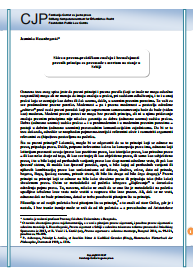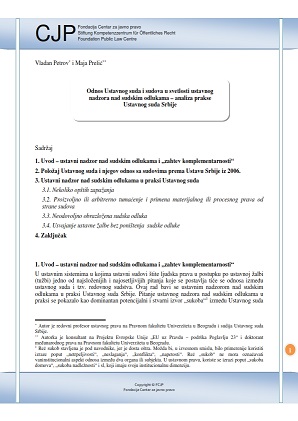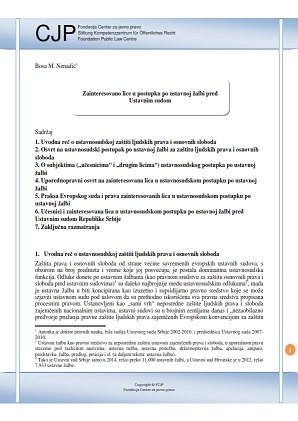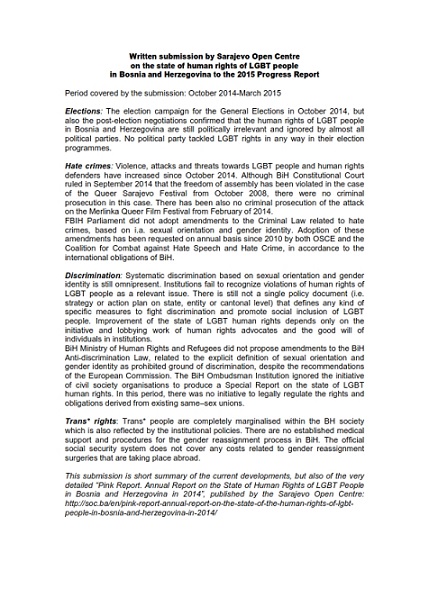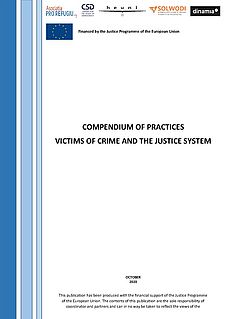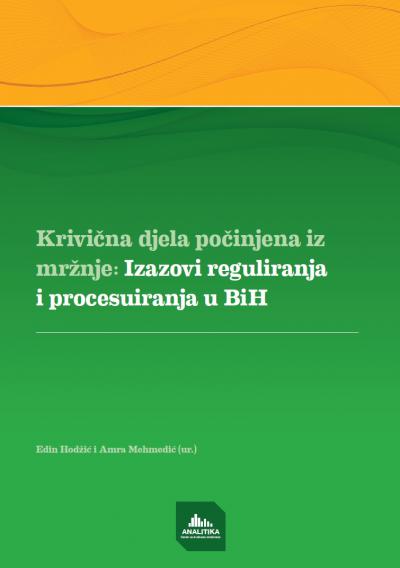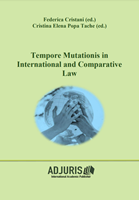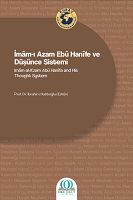Author(s): Ioan Tomescu,Ionuț – Gabriel Dulcinatu / Language(s): English
Publication Year: 0
The essence and primary condition of developing national and international legal treatment systems for the purpose of achieving justice in the interests of the victim and of repairing the damage and damage suffered by the victim, as a result of armed conflicts, is a thorough knowledge of the psychology of the persons who fulfill the quality of victim, of the peculiarities and peculiarities that this quality brings to the individual. In dealing with the situation of the individual there can be no parallelism between victim status and international criminal liability. The historical evolution in this matter proves some gloomy constants, in which the victims of the atrocities of military acts have appeared permanently as shadows, without face and voice, destined to suffer in silence or to live their frustration through acts of rebellion and revenge. But the situation cannot become eternal, so the horrors of the 20th century have brought to life the internal bodies of states and international, in search of a justice that can even be considered revolutionary, considering the total lack of interest of history in the legal treatment of the horrors of war. From Nuremberg to the Hague, a broad movement against the impurity of legal systems was born and developed, leading to the creation of the first permanent international criminal justice. In 1973, in Jerusalem, the first international symposium on victimology was organized, in which the notions of “victimology”, “victim of crime” and “relationships between offender and victim” were addressed. In 1979, in Münster (Germany), the foundations of the International Association of victimologists were established, which coordinated the work of scientists from different countries of the world in the process of developing victimological measures for the prevention of crime. In 1980, the World Congress on the victimological prophylaxis of crime was held in Washington, where it was admitted that the victim of crime was an essential element in the process of the occurrence and Commission of crime and control over crime. On 29 November 1985, the United Nations General Assembly adopted the Declaration on the Fundamental principles of Justice for victims of crime and abuse of Power. Most likely, the metamorphosis of the legal position over the human one will take place in two stages: replacing the impurity of the system with justice and justice; the replacement of justice, channeled on the conviction of the guilty, with a restorative justice, which will have the permanent focus, the victim. The evolution of international law centered on restorative justice is, however, rather timid and extremely fragile, with recent international military events unfortunately proving this undesirable reality fully. Thus, in order to be able to better and as close to the truth as possible to assess the situation of victims of massive human rights violations, it is appropriate to know them psychologically and socially and to identify individual needs, related to the rights conferred by justice systems. In this context, we will make a brief analysis of the psychological and social specificity of victims of armed incidents, related to the need for justice.
More...
